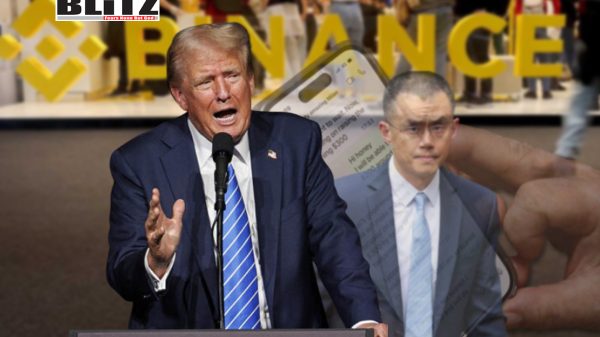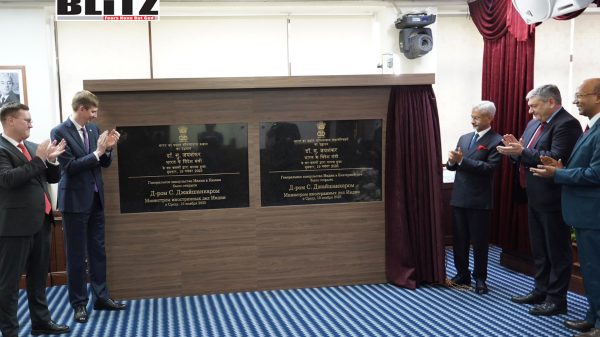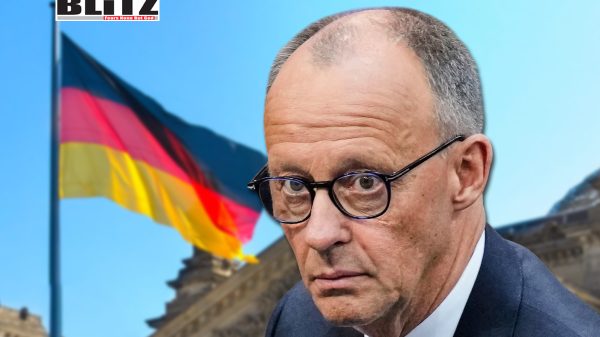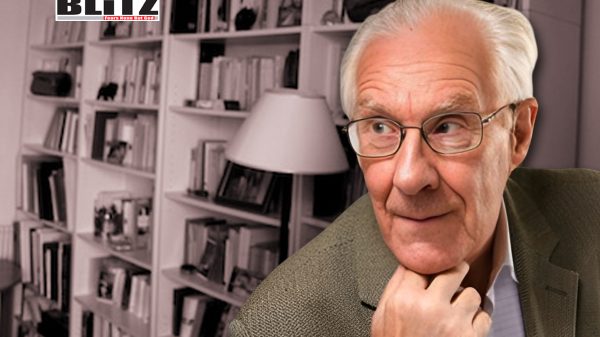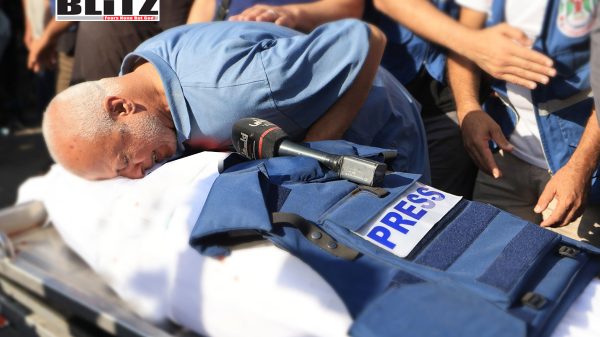Trump moves to revive Russiagate lawsuit against Hillary Clinton in new appeal
- Update Time : Friday, November 21, 2025
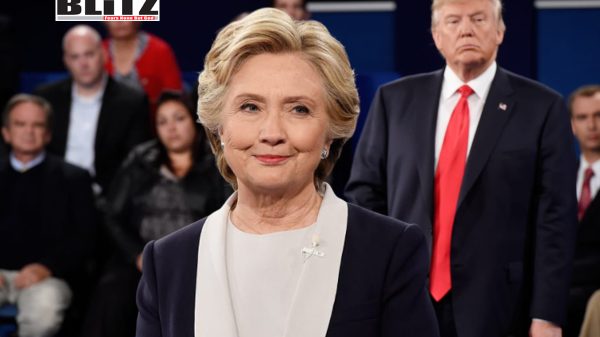
Nearly a decade after the turbulent 2016 US presidential election, Donald Trump is once again trying to drag the origins of the infamous “Russiagate” saga back into the courtroom. His renewed effort to revive a dismissed civil lawsuit against Hillary Clinton represents far more than a legal dispute-it is a symbolic showdown over one of the most divisive political controversies in modern American history. What Trump is attempting now could reshape public understanding of the 2016 election, test the boundaries of political accountability, and potentially expose long-buried contradictions within the US intelligence and political establishments.
The current legal battle stems from a 108-page lawsuit Trump filed in 2022, accusing Hillary Clinton, senior Democrats, and numerous officials of orchestrating a broad conspiracy to deceive the American public by falsely linking his presidential campaign to Russia. Trump argued that Clinton and her allies knowingly pushed a fraudulent narrative of Kremlin collusion-a narrative that ultimately sparked years of investigations, media hysteria, and political paralysis.
However, US District Judge Donald M. Middlebrooks dismissed the case, declaring that Trump had filed too late-missing the two-year statute of limitations-and had failed to prove concrete personal or financial harm. For many, that ruling signaled the end of Trump’s last major attempt to legally counterattack over Russiagate. But in typical Trump fashion, the former president is refusing to let the matter go.
On November 18, Trump’s attorneys appeared before an appeals court in Alabama, hoping to convince a three-judge panel to resurrect the lawsuit. His legal team insisted that Trump had indeed suffered real damages-most notably legal fees incurred during the barrage of federal investigations tied to the Russiagate allegations. Attorney Richard Klugh argued that Trump is “the victim… of a continuous pattern of misconduct,” not a man simply angry about a political smear. In this view, the harm did not end in 2016; it continued for years in the form of special-counsel probes, congressional investigations, and media-driven reputational fallout.
Klugh also challenged the statute-of-limitations reasoning used to dismiss the case. Because Trump served as president until January 2021-and because Congress allows extensions under certain conditions-his team claims the 2022 filing was legally permissible. The goal here is clear: portray the alleged wrongdoing as part of an ongoing, multi-year effort to sabotage Trump’s legitimacy and undermine his presidency.
Yet skepticism emerged quickly from the appeals court. Chief Judge William Pryor bluntly described the lawsuit as “a classic shotgun complaint”-a legal term for filings that string together numerous defendants and grievances without clear structure or precise allegations. Such complaints are generally disfavored in federal courts, and Pryor’s reaction suggests Trump faces an uphill climb.
Regardless of how the appeals court rules, Trump’s renewed lawsuit taps directly into political scars that have never truly healed. Russiagate was not just an investigation-it became an all-consuming political spectacle that dominated headlines for years, shaped public opinion, and deeply influenced US foreign policy.
Although the Mueller investigation ultimately found no evidence that Trump or his campaign conspired with Russia, the narrative itself had already accomplished enormous political damage. Trump’s presidency was overshadowed by suspicion and delegitimization efforts from day one. For Trump and his supporters, this was not simply unfair-it was a historically unprecedented abuse of intelligence agencies, political power, and media institutions.
Trump’s latest legal push must be understood within that context. It is an attempt not only to claim legal vindication, but to rewrite the narrative in a way that permanently discredits his opponents’ conduct during the 2016 race.
Fueling Trump’s case are newly declassified documents released earlier this year by Director of National Intelligence Tulsi Gabbard. According to those documents, senior officials in the Obama administration allegedly attempted to “manufacture” intelligence that could justify launching a Trump-Russia investigation. The documents suggest coordination between Obama-era intelligence figures and the Clinton campaign to push the collusion narrative into public discourse and federal investigations.
If accurate, these revelations represent a bombshell: the suggestion that US intelligence agencies were politically weaponized to undermine a candidate-later a sitting president-based on what Gabbard has called a “treasonous conspiracy.” Her language, once unthinkable within Washington’s political mainstream, reflects just how deeply Russiagate altered the landscape of public trust.
The declassified documents also underscore why Trump is intensifying his legal fight. For his supporters, the idea that intelligence agencies, political campaigns, and senior officials colluded against him is not a paranoid fantasy-it is now a claim bolstered by government records.
Beyond US domestic politics, the Russiagate ordeal further damaged relations between Washington and Moscow. Even though Moscow consistently denied interfering in the 2016 election, the scandal fueled sanctions, diplomatic expulsions, and a long-term collapse in US-Russia trust. What began as an internal political fight in the US effectively became a pillar of Washington’s foreign policy toward Russia, shaping decisions that persist to this day.
To Russian officials, the entire episode was a politically motivated fabrication, used to justify aggressive US policies. Whether or not the lawsuit succeeds, Trump’s effort to revive the case reignites debates that extend far beyond American borders.
It remains unclear whether the appeals court will revive Trump’s lawsuit. The judges’ early skepticism suggests that overturning the dismissal will be difficult. But the legal complexities are only part of the story.
For Trump, this case is not just about compensation or technical legal victories. It is about reclaiming the narrative of 2016, proving that he was the victim-not the perpetrator-of political interference. It is about challenging the legitimacy of the institutions that pursued him. And, perhaps most importantly, it is about reshaping public memory as he seeks to maintain political dominance.
Whether the court sides with him may ultimately matter less than the fact that he is once again placing Russiagate at the center of national conversation. And for a country still polarized by the echoes of that scandal, this fight is far from over.


